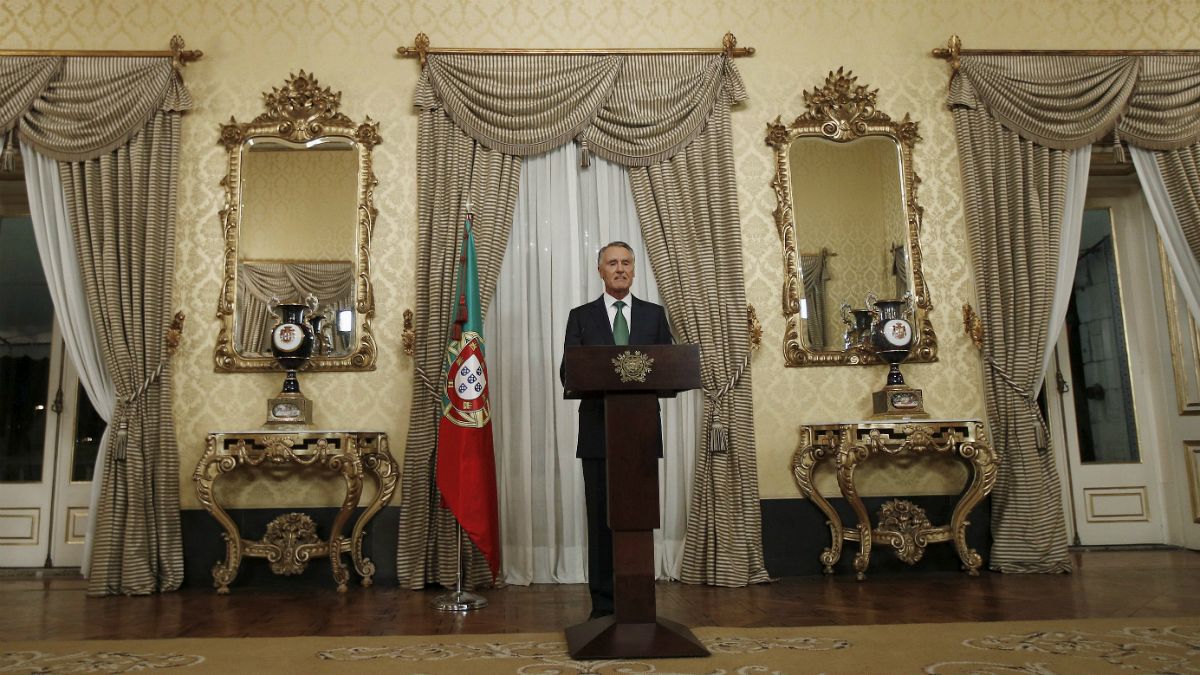What is happening and when? More than nine million Portuguese voters have to choose a new president on January 24, 2016. It is the ninth Presidential
What is happening and when?
More than nine million Portuguese voters have to choose a new president on January 24, 2016. It is the ninth Presidential Election in Portugal since the revolution in 1974.
The outgoing President Aníbal Cavaco Silva is finishing his second five-year term, the maximum consecutive terms allowed by the Constitution.
What are the Portuguese president’s powers?
The president of Portugal has the power to dismiss a government and dissolve parliament if he or she deems it necessary for the smooth functioning of institutions.
Portugal’s president appoints the country’s prime minister, taking into account election results, and cabinet ministers, taking into account the prime minister’s proposals.
Most other presidential powers are to rubber-stamp decisions that are made and proposed by the government or parliament, including declarations of war or state of emergency, promulgating laws and appointing people to positions such as the head of the army or national ambassadors.
What’s the format?
The presidential election is held under a two-round system. If a candidate garners more than 50% of all votes cast on January 24, that candidate wins the election. If no candidate receives over 50% of the vote, there will be a second round run-off ballot on February 14 between the two candidates who received the most first round votes.
Only once in the eight presidential elections since 1974 has a run-off vote been required: in 1986, when Mário Soares secured 51.18% in the second round, having scored just 25.43% in the first round.
A record number of candidates in 2016
To be eligible to run for President of Portugal, candidates must, by origin, be Portuguese citizens over 35 years of age and must present at least 7,500 signatures from Portuguese citizens to the country’s Constitutional Court. This election marks a new threshold in Portugal’s Presidential elections. There have never been so many candidates. There is a total of 10 in 2016 and they are:
Cândido Ferreira: former Socialist Party member. He is a centre-left candidate with no party support.
Edgar Silva: Communist candidate. Made his political career in Madeira but is relatively unknown to the voters from the continent. He is gaining popularity around the country with the electoral campaign.
Henrique Neto: Socialist Party member but very critical of his party and the current socialist government. He doesn’t have any support from a political party.
Jorge Sequeira: psychologist, self-motivation trainer. Brought the language of his background and profession to the campaign. No political support.
Marcelo Rebelo De Sousa: Former minister and President of the centre-right Social Democrat Party, (PSD, like Aníbal Cavaco Silva, the outgoing President), Marcelo Rebelo de Sousa is one of the most popular politicians in Portugal, especially due to the fact that he inaugurated a weekly TV program in May 2000 in which he is a political commentator.
Maria De Belém: Former Health Minister, Minister for Equality. Though she is also a former President of the Socialist Party, the PS doesn’t support her candidacy. She doesn’t have support from any party.
Marisa Matias: Left Bloc scored its best result ever during the recent parliamentary elections with a woman leading it, (Catarina Martins). For the Presidential Election, the far-left formation have chosen another woman as a candidate. Marisa Matias is a MEP and vice-president of the European Left Party.
Paulo De Morais: linked to the PSD, Paulo de Morais is a University professor with no political support in this election. He promises to fight corruption.
Sampaio Da Nóvoa: has never been a member of any political party, has no political experience, but has the support of three former Portuguese Presidents: Ramalho Eanes, Mário Soares and Jorge Sampaio. He is the Dean of Lisbon University. He is an independent candidate.
Vitorino Silva: also known as Tino de Rans, he is the former mayor of Rans, (a small town next to the northern city of Penafiel). He is a media figure after participating in some reality shows.
What do the polls say?
According to the latest surveys Marcelo Rebelo de Sousa could win the election on January 24. All the polls give him more than 50% in the first round followed by Sampaio da Nóvoa and Maria de Belém with more or less 16%.
Latest polls:


